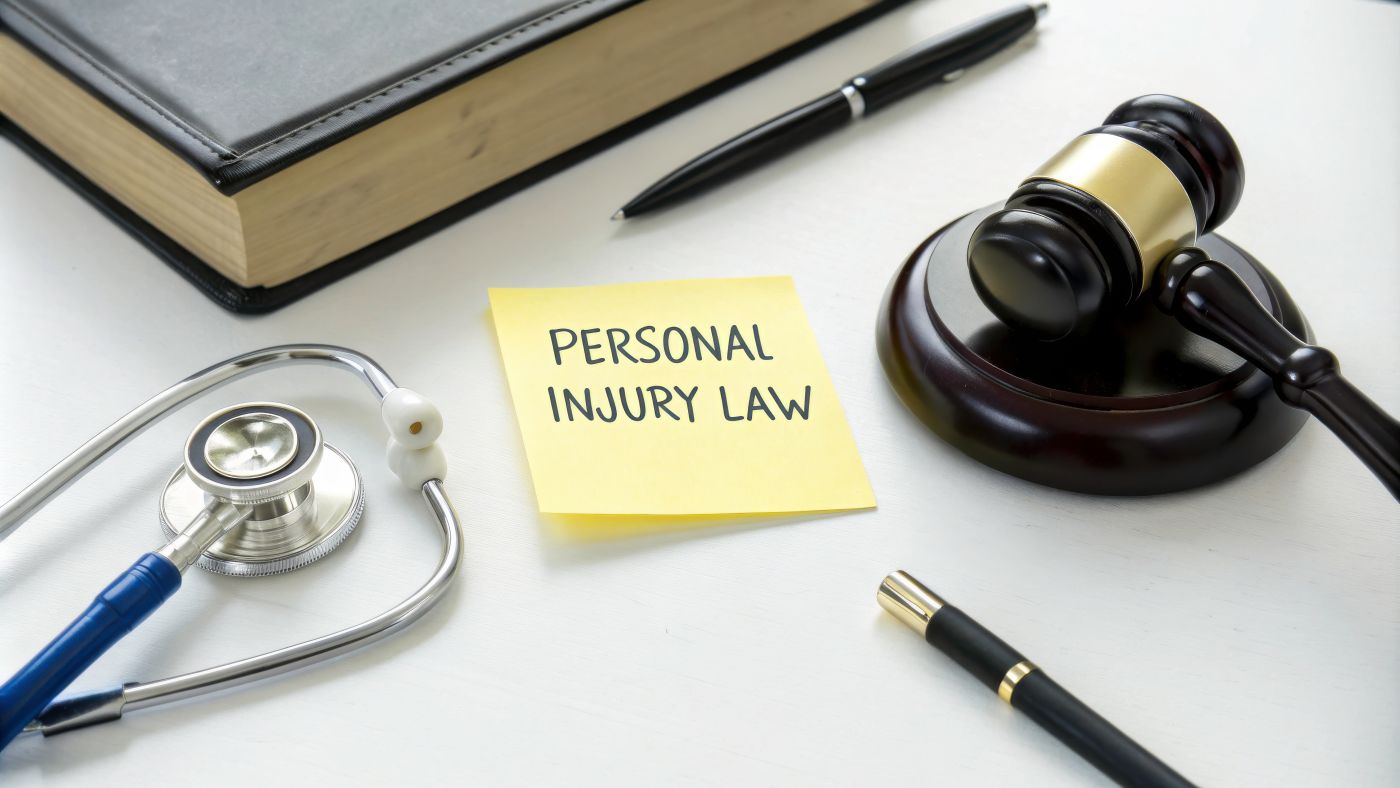There are few things more frustrating than coming back to where you parked, only to find your car missing. Having to figure out if it was stolen or towed, and then where it was towed to and how you are going to get it back (not to mention what it will cost) is enough to give anyone cold sweats. With that said, there are rules to when you can, and cannot, be towed. Knowing these rules can help you avoid going through the nightmare of being towed, or result in you getting your money back if you were towed without the proper justification.
Here are some basics you should know about being towed:
Most Common Reasons Your Car May Be Towed on Public Property
Here are the conditions under which your vehicle may be towed while on public property:
The vehicle was deemed to be abandoned on public property by law enforcement
The vehicle has clear and evident problems that make it unsafe to be operated on public roads
The vehicle is stolen or does not have identification tags
The vehicle was involved in a crime
The car or driver is not validly licensed, or is being arrested
The vehicle is parked within 20 feet of a crosswalk or five feet of a fire hydrant
The vehicle is parked in front of, or four feet on either side of a public or private driveway
When Can My Car Be Towed on Private Land?
If a vehicle is abandoned on private property owned by someone else, without permission from the owner of the property, then that property owner may call law enforcement to remove the vehicle as long as the vehicle has either been left unattended for more than forty-eight hours, or the abandoned vehicle constitutes a safety hazard or unreasonably interferes with the use of the property by its owner – as per the judgment of a law enforcement officer.
A representative of the local government may tow a vehicle per any local ordinance providing the removal of vehicles which are derelict, junk, scrapped, disassembled or otherwise harmful to the public health under the terms of that localities ordinance.
A vehicle can be towed from private property without prior authorization from law enforcement when it has been abandoned or is parked in a restricted or assigned area without authorization. The call must be placed by the owner of the property, or a property manager or security manager who is a full-time employee of the business entity that owns the property.
In order for a private property owner or full-time property manager (or full-time security manager) to tow from their property, the property must display, in plain view at all entrances to the property, a sign that is a minimum of 17” x 22” with at least 1” large font. That sign must clearly prohibit public parking and indicate that unauthorized vehicles, or vehicles parked in restricted or assigned areas, will be removed at the owner’s expense. The signs must also disclose the maximum fee for all charges related to storage and towing, and contain a phone number to the law enforcement agency or helpline through which the towed vehicle can be located.
A property owner can also tow an abandoned vehicle which is left unattended on their residential property that has four or less residential units. The owner, lessee, or staff has notified law enforcement of the vehicles presence and ten hours have passed since that notification.
Finally, a property owner may tow abandoned vehicles if they have notified law enforcement and the vehicle is still there ninety-six hours later.
Anytime a property owner or lessee tows a vehicle without authorization from a law enforcement officer, they must complete an abandoned property report which acts as a legal declaration. The report must clearly identify all aspects of the vehicle, its location, reason for being towed, and any prior visible damages on the vehicle. The person towing the vehicle, and the tow truck driver, must sign, and the report must be delivered to a law enforcement agency within two hours of the vehicle being towed.
What Happens if Someone Has You Wrongfully Towed
If a property owner or lessee knowingly has a vehicle towed in violation of the laws governing such, they will be guilty of a class C misdemeanor.
What Do I Do if Towed by Law Enforcement?
Always ask for release of the vehicle as soon as possible, even if the police had the right to tow it. The right to tow a vehicle is not the same as the right to keep it. If you do not ask, however, the police or storage company will claim that you left it in their lot voluntarily, or abandoned it, and will charge you storage fees.
A licensed driver with proof of liability insurance should be the one who asks for the car. If this person is not the owner of the vehicle, they should be accompanied by the vehicle’s owner, or have a notarized power of attorney for the owner.
If you ask, and the lot refuses to return the vehicle to you, you may need an order from the court to get it released. If the vehicle is subject to impoundment, then the police agency that told the lot not to return the vehicle to you is responsible for the storage fees. You may still pay towing and storage fees up until your request, but should not have to pay afterwards.
If you are charged and your vehicle was subject to impoundment, you may still be able to petition the court for release until the case is resolved. This way, you will not have to face a large bill for storage (that may easily be more than the value of your vehicle) if you are not convicted as charged. Finally, you should always immediately file a motion for release with the court as soon as possible since there is only a set time period that impoundment is authorized by law for convictions. It might take longer for you to get to trial, in which case you should have control of the vehicle.
For more information on your rights to your vehicle, contact the Liberty Trial Law Group at or https://libertytriallawgroup.com/



